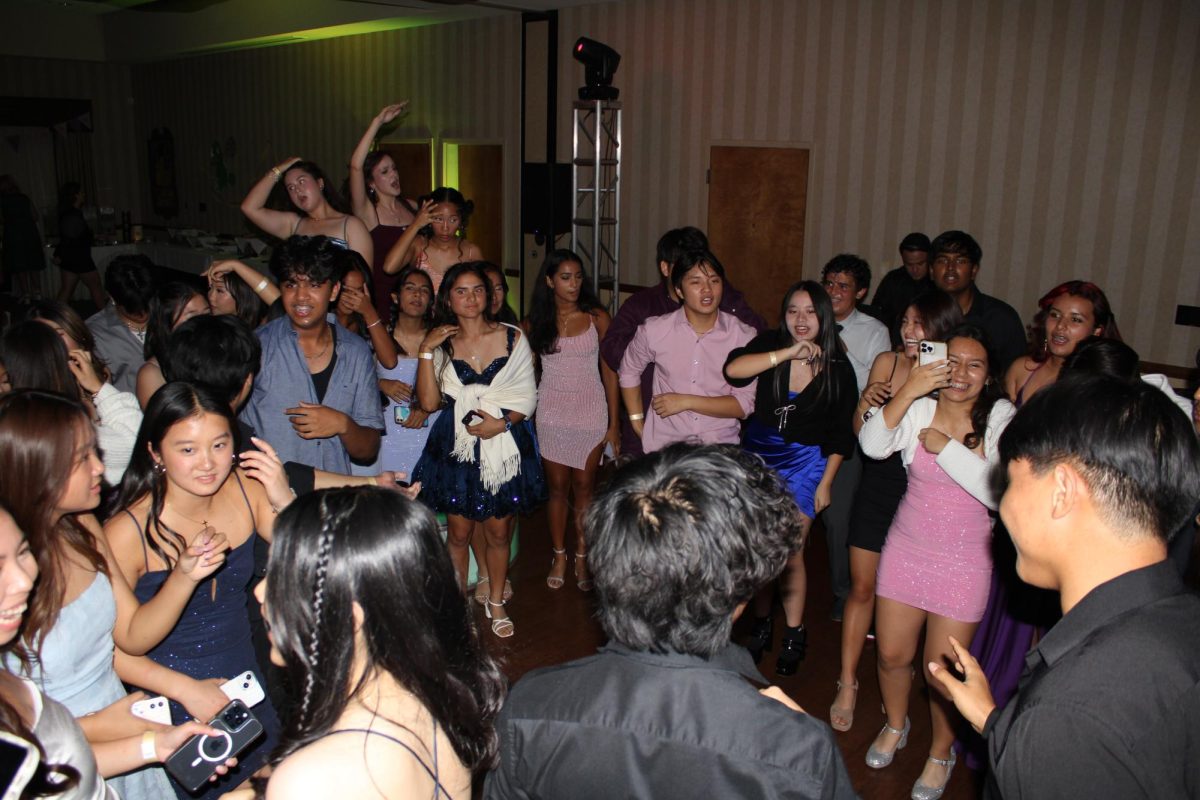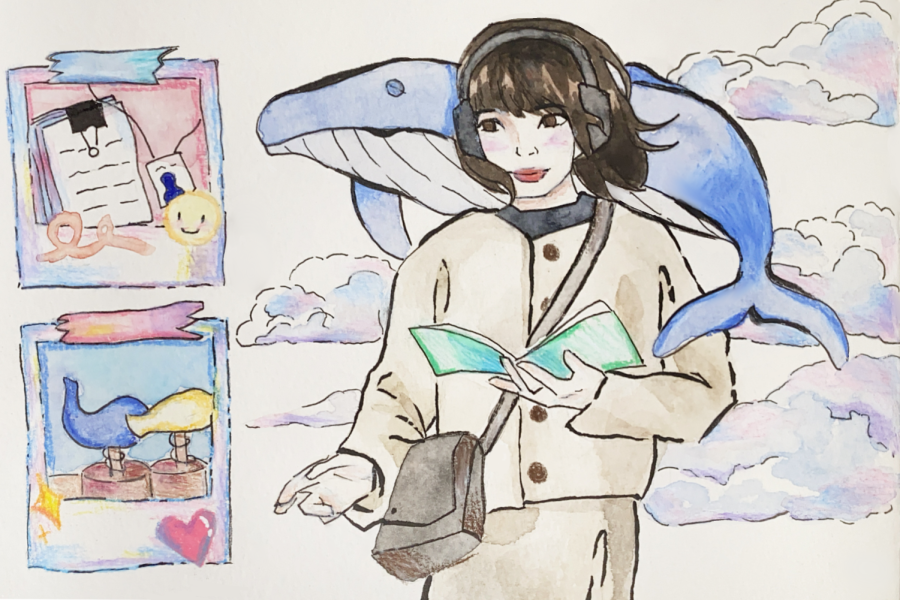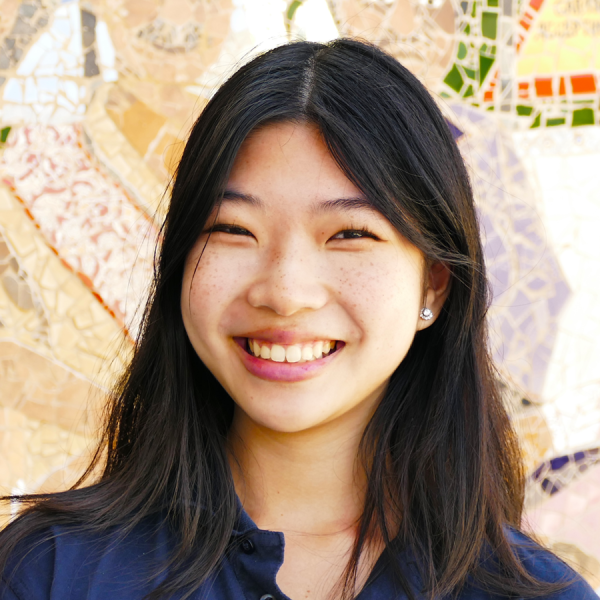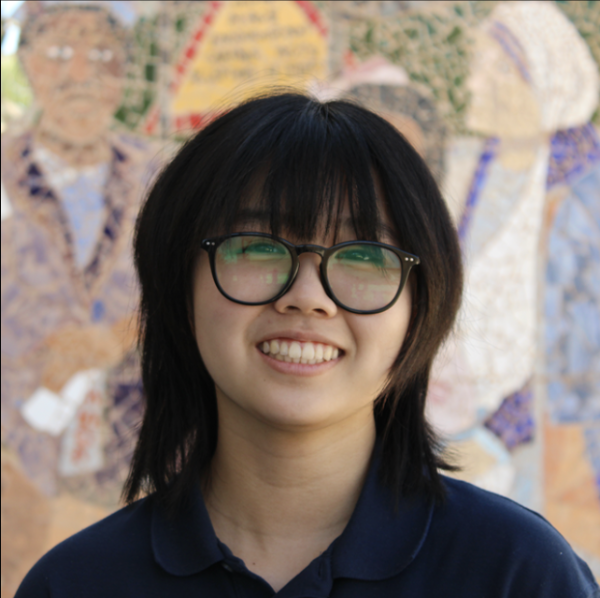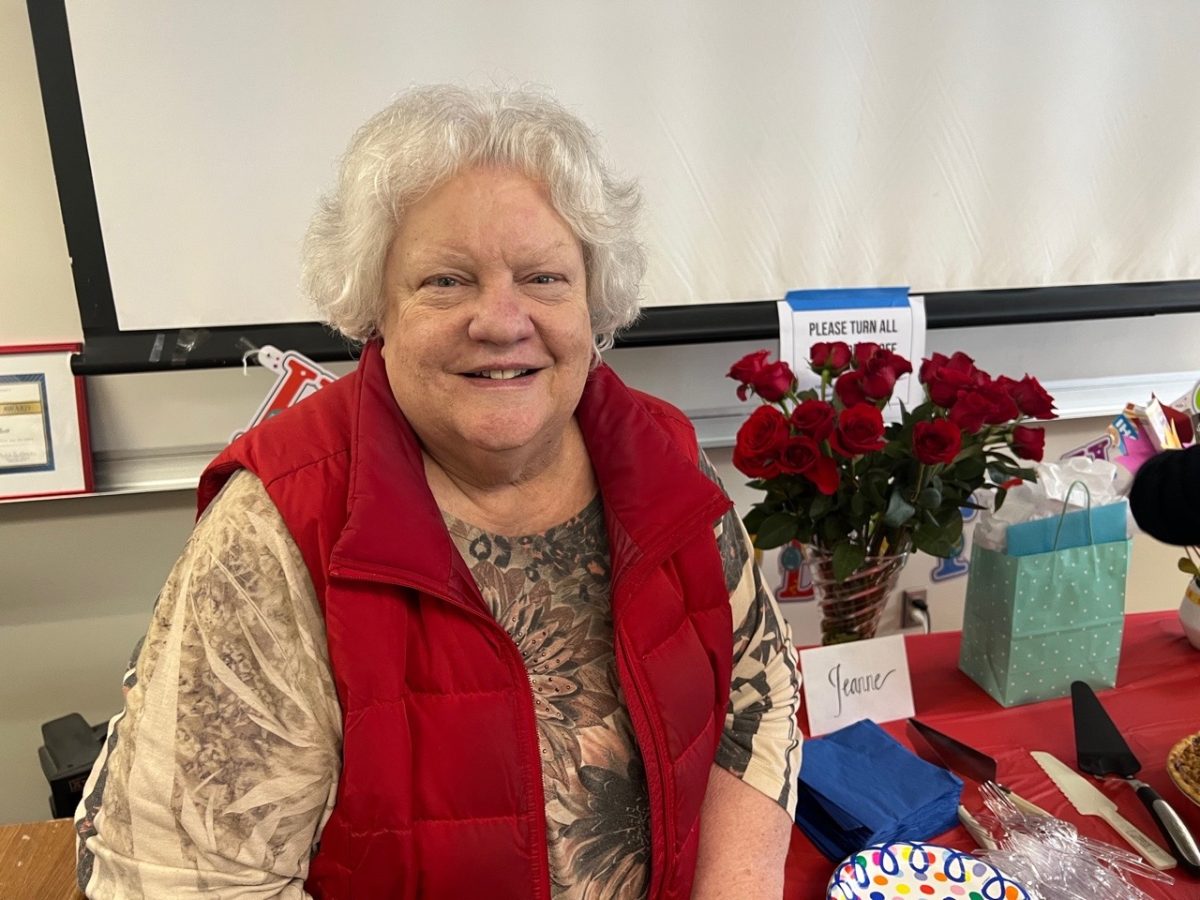Legal dramas are not typically at the top of people’s watchlists. Released on Jun. 29, “Extraordinary Attorney Woo,” however, lives up to its name and does the extraordinary, clocking in 24 million viewing hours in its first week on Netflix.
The show revolves around the autistic rookie lawyer Woo Young-woo (Park Eun-bin) as she tackles court cases and stigma in her workplace. Although the show is a legal drama, the mostly silly and entertaining cases in each episode highlight Young-woo’s unique approach to life. “Extraordinary Attorney Woo” is a bright, fun binge-watch with a dimensional autistic protagonist, but the representation falls short with its rose-tinted approach to autism and reliance on stereotypes.
Though Park Eun-bin isn’t autistic, she collaborated with professors who specialized in the disorder in attempt to portray autism as accurately as possible. Park realistically emulates being out of touch with neurotypical peers while showcasing a sensitive side to the often vilified disability. Audiences empathize with the on-screen struggle to mask: Young-woo suppresses the urge to infodump about her special interest in whales and naturally “odd” habits for her peers’ comfort.
The character is a comfort to many neurodivergent viewers, but the portrayal also comes off as cliché. The line between autistic representation and stereotypes is thin when it comes to “looking” or “acting” autistic, which dramas alongside “Extraordinary Attorney Woo” oversimplify with the same stereotypes.
Young-woo’s extraordinary talent in law — exemplifying savant syndrome, in which an autistic person demonstrates incredible genius in a specific area — is not representative of everyday autism and bodies the overdone trope of a brilliant genius on a comically different wavelength. The drama’s portrayal glorifies an ultra-rare aspect of autism to the point where it glosses over the setbacks Young-woo faces because of it.
“The fact that the vast majority of characters with autism in media is portrayed as having a superpower, or that autism is really a blessing in disguise muddies the waters and can confuse the public as to what autism really is,” said Autism Partnership Korea employee Son Da-eun in an interview with Polygon.
The show also frames Young-woo’s autism as cute quirks instead of a daily struggle she faces. Young-woo’s autistic traits are engineered by the show writers to be cute and palatable, seen in her strict counting before she enters a room or struggles to perform ordinary tasks like going through revolving doors. Her peers laugh at her for these and call her childish, which, consequently, dulls representation in the drama and feeds into the infantilization of autistic people.
What’s appreciated about “Extraordinary Attorney Woo,” despite its flaws, is its holistic approach to Young-woo. Viewers recognize Young-woo’s disability but understand she is not a caricature; she is fleshed out and headstrong, with a personality beyond her autism.
“In the drama, Woo messes up, learns, and grows along with others. What usually happens in media is that we focus on autistic people who don’t seem like humans with full personality and interests,” said Haley Moss, Florida’s first autistic lawyer, in an interview with newspaper PhilSTAR Life.
The popularity of “Extraordinary Attorney Woo” is groundbreaking, especially in Korea where mental disabilities are still denounced. Autism remains a tough topic to tackle in media but Young-woo takes a step toward dismantling the stigma.





































